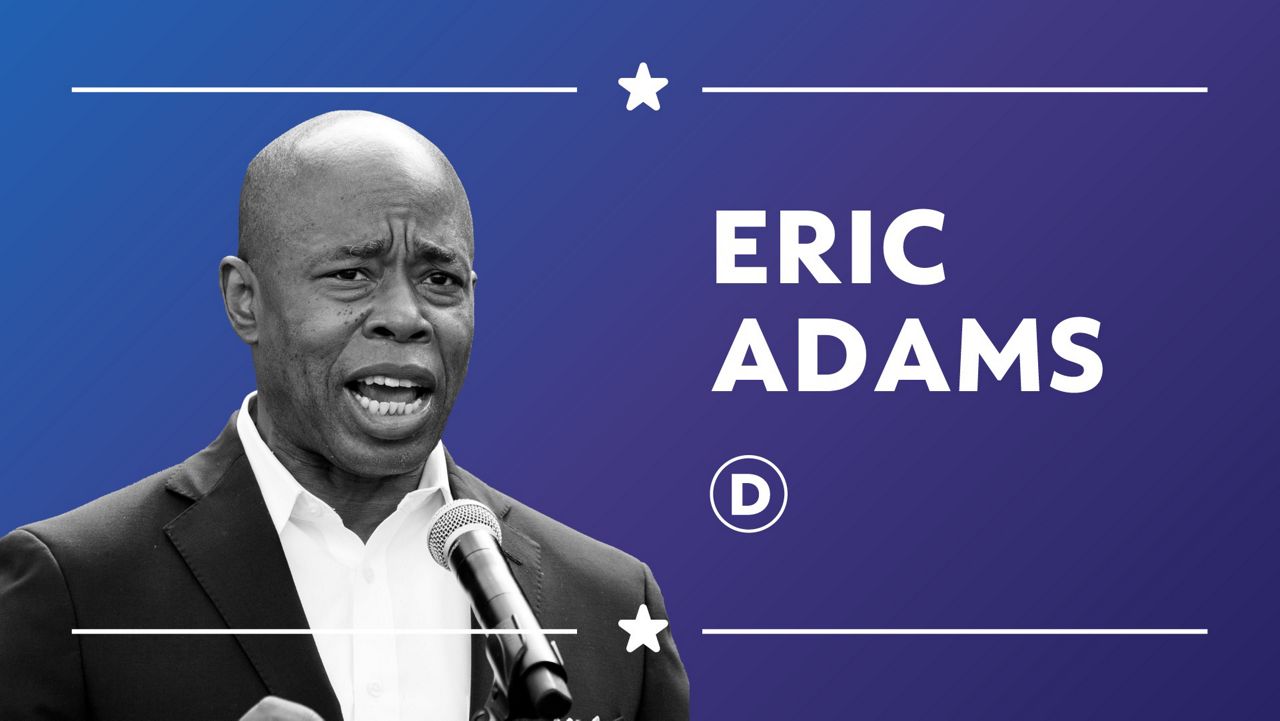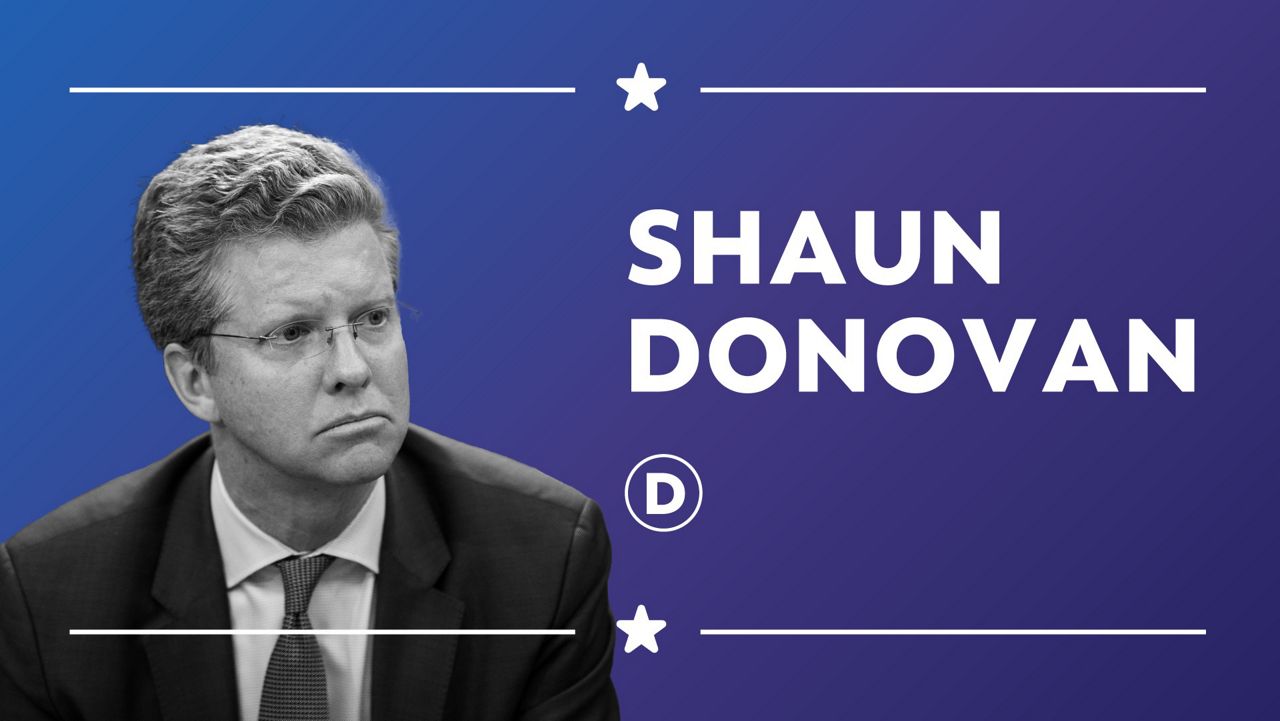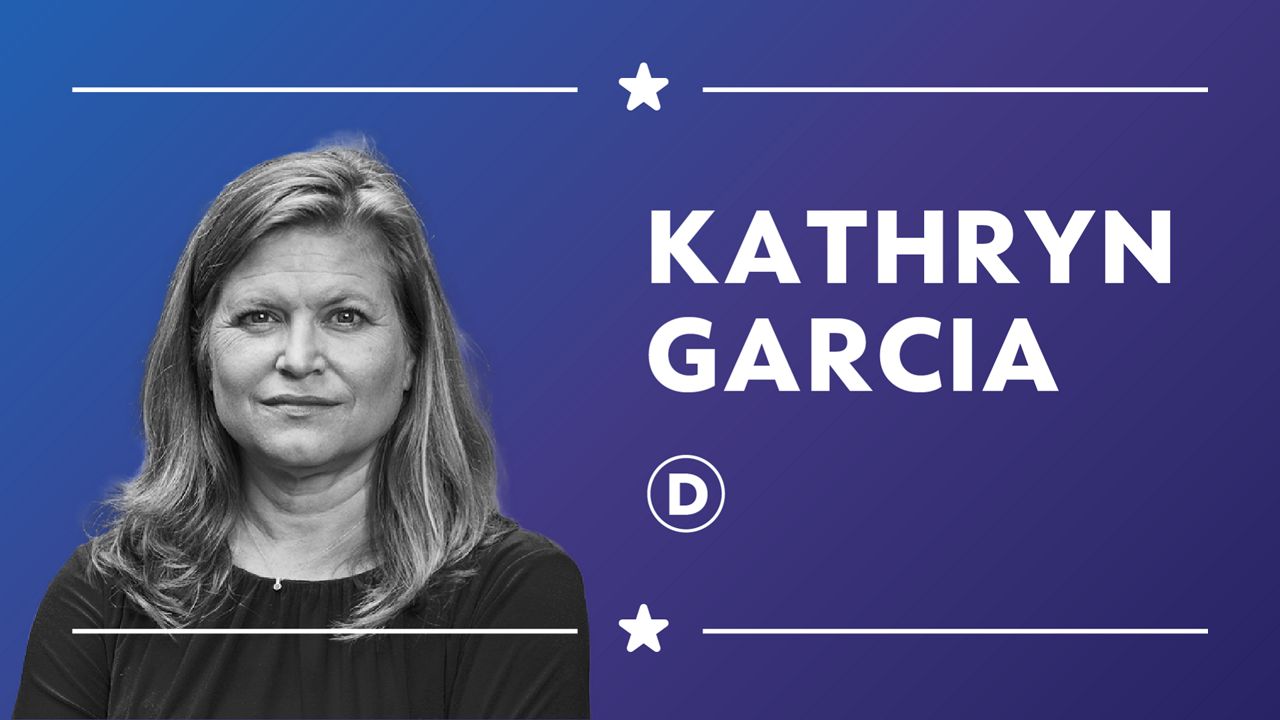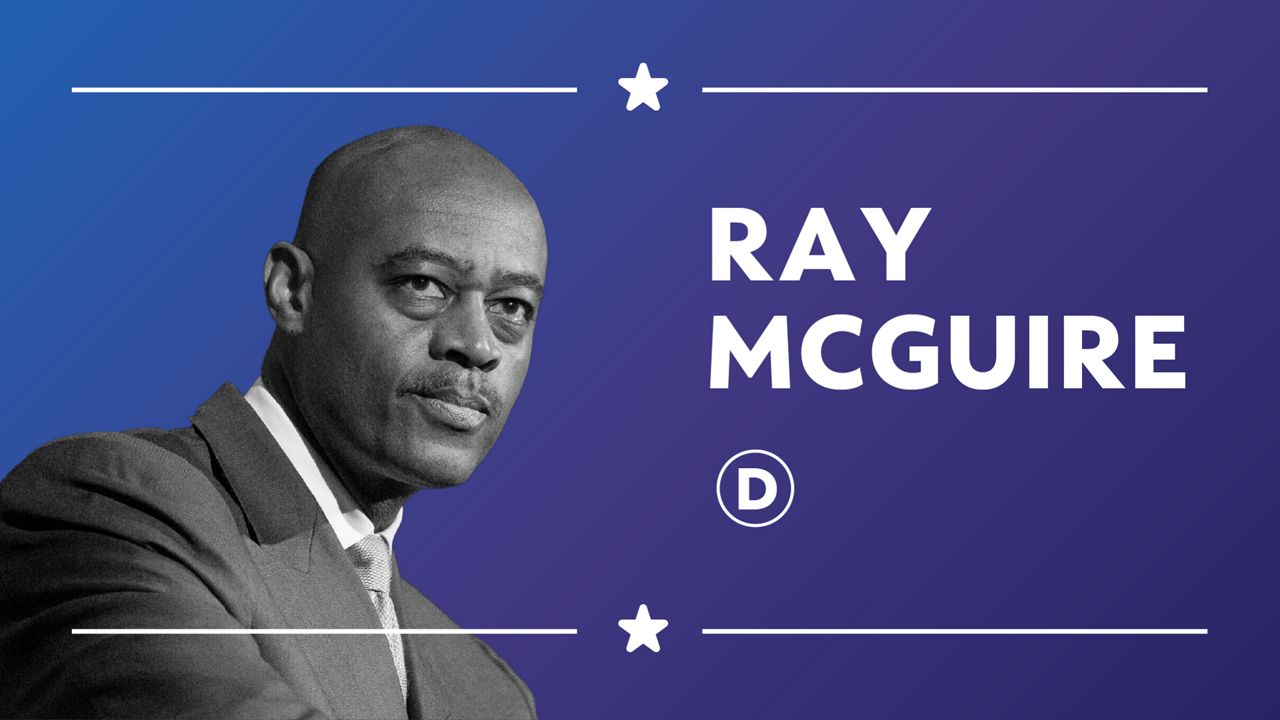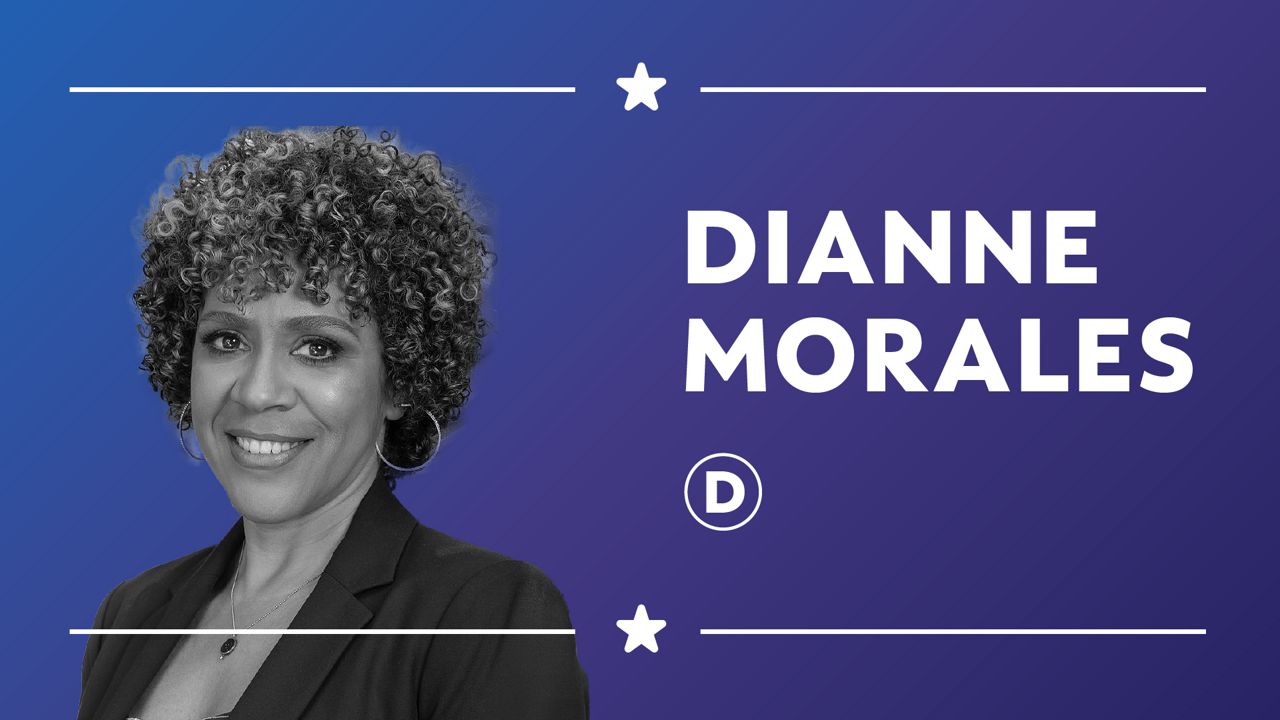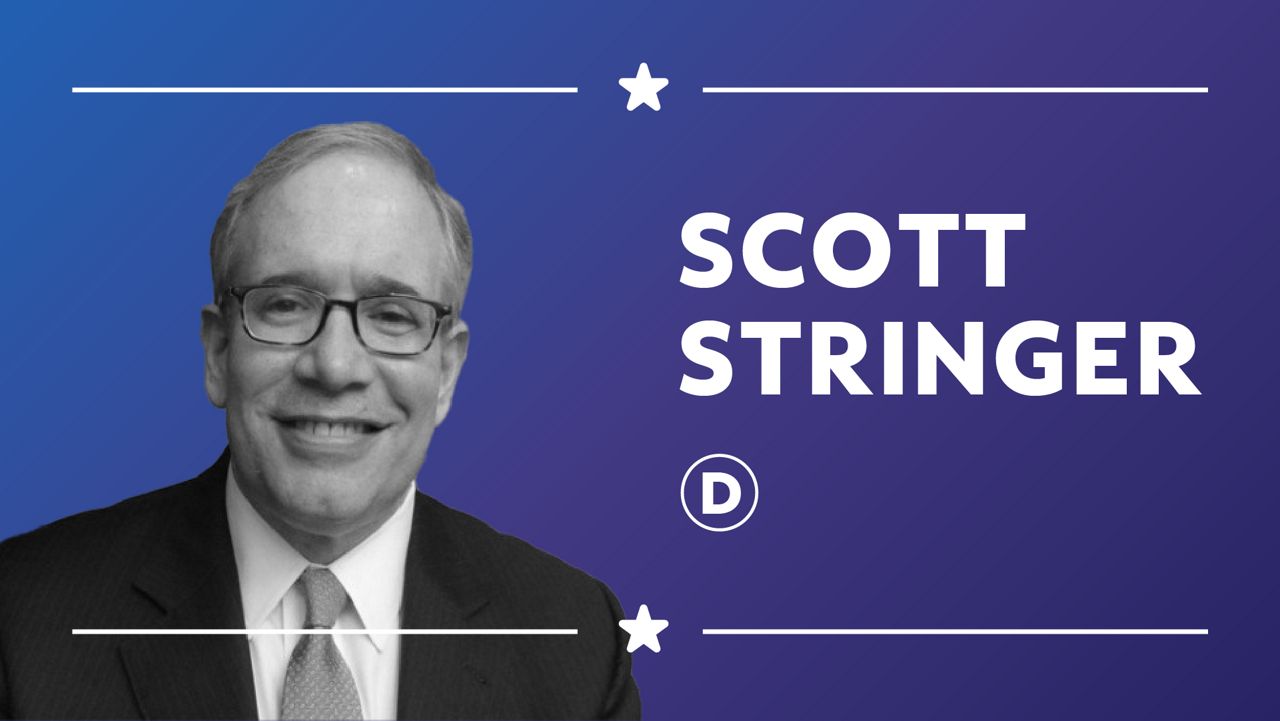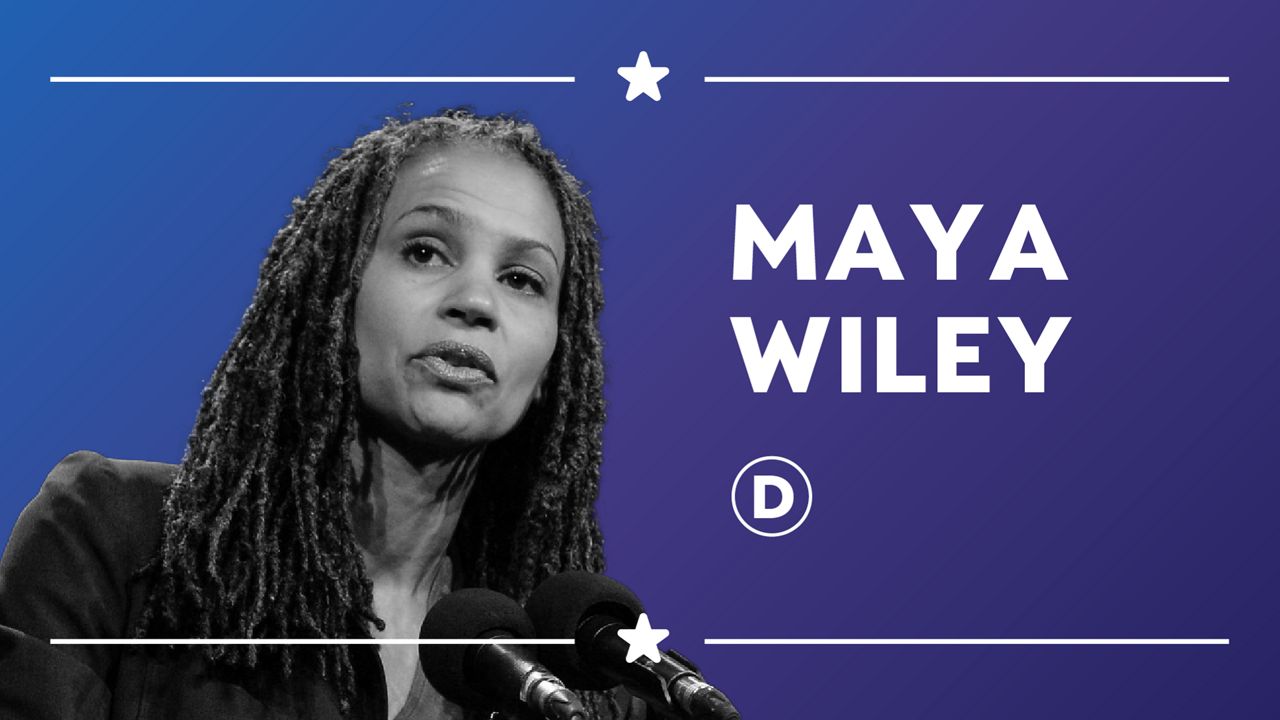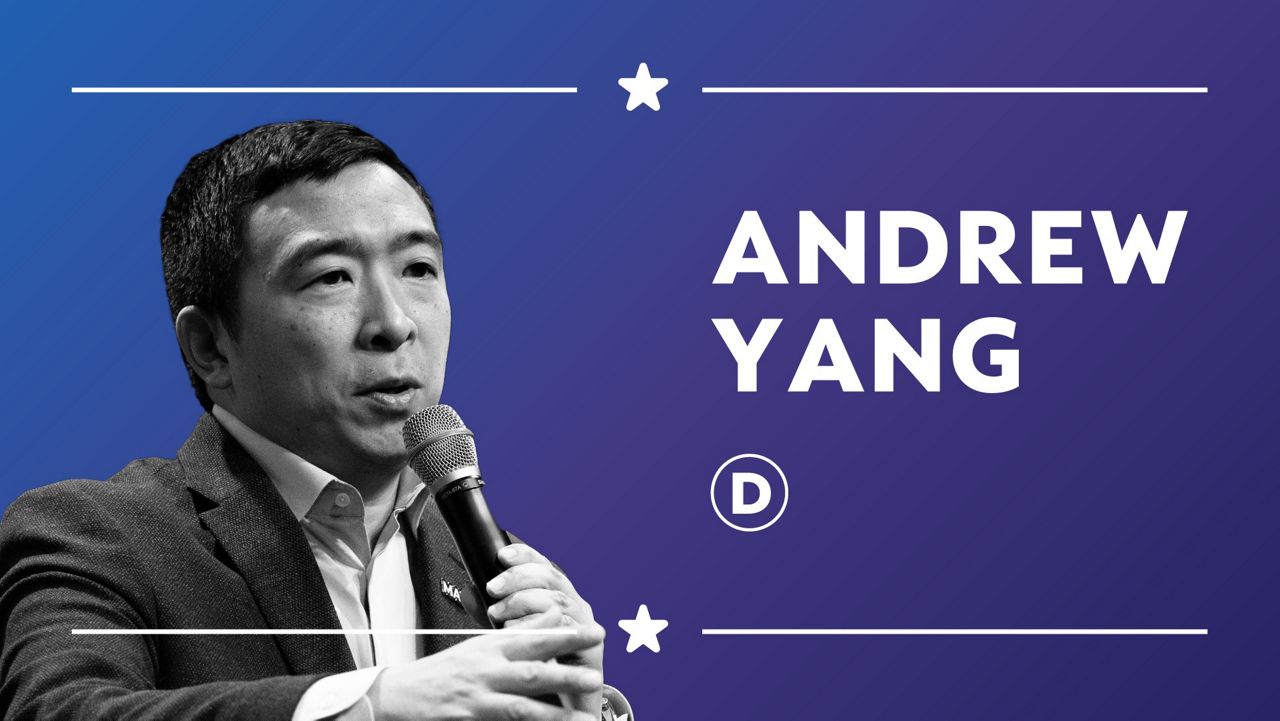NEW YORK — It’s a crisis seen across the city’s street corners and subways — and also behind closed doors.
More than 50,000 people sleep in city homeless shelters every night. Thousands more sleep on the street and on trains. Statistics last year found the number of single adults in shelters reached a historic level — more than 20,000 men and women needed a bed.
For years, homelessness has plagued the de Blasio administration and been splashed across front pages. Charges of racism or NIMBY (Not In My Back Yard) are commonplace in some neighborhoods — controversy typically greets the administration when it scrambles to find buildings or hotels to house people who need a home. That has only been exacerbated by the COVID-19 pandemic.
Unlike his predecessor (Michael Bloomberg committed to end chronic homelessness in 2004 and he was obviously unsuccessful), de Blasio never said he would eliminate homelessness altogether. He proposed building 90 new homeless shelters — increasing capacity for a population that grew drastically during his tenure (the city shelter census is now down to late Bloomberg-era levels mostly because of the COVID-19 eviction moratorium).
“This mayor did not plan to end homelessness and did not make an affordable housing plan that matched the demand,” said Josh Goldfein of The Legal Aid Society's Homeless Rights Project. "The mayor announced with great fanfare a plan to manage homelessness rather than end it.”
That said, the next mayor will face serious challenges confronting and curtailing the homelessness crisis in the city. Thousands of people have been housed in hotels during the pandemic. Will they remain there? How will the next mayor confront street homelessness? And will he or she set aside a certain number of affordable housing units for people who are in shelter now?
"The way to end homelessness is simply to provide housing that is affordable to the people who need it,” said Goldfein. “And the next mayor we hope will have an affordable housing plan that responds to where the greater need is.”
Several mayoral forums have already been dedicated to the topic of homelessness and housing (you can watch NY1’s here). Nearly all of the top Democratic candidates for mayor have released plans to tackle the issue.
“It feels like the issue of homelessness and housing policy more broadly, these issues are getting more attention, which is really important given the homelessness crisis we are facing,” said Giselle Routhier of the Coalition for the Homeless.
We examined several of the top candidates' plans to address homelessness. Here is where they stand:
Adams is one of many candidates who has suggested taking hotels and converting those properties to single room occupancy housing (or SROs) dedicated to the homeless. Earlier this year, Adams said the city should target non-union hotels in the boroughs outside of Manhattan for this conversion. The borough president was endorsed by the hotel union, which would support that kind of program.
Adams also supports increasing the value of the city’s rental assistance voucher, known as cityFHEPS. The Brooklyn borough president has said increasing the cost of the voucher is “common sense."
Donovan has expertise in housing. He was the former top housing official under Mayor Bloomberg and then under former President Obama. In forums, the former federal housing secretary has promised to approach homelessness broadly and tackle its underlying problems simultaneously (like criminal justice issues). Earlier this year, he said his administration would end the city’s large, dorm-like shelter system by the end of his first term.
Donovan has proposed creating a new rental assistance program to serve about 200,000 low-income families (he plans to rely in part on state and federal funding to make it happen). A Donovan administration would also have a goal of creating 2,000 supportive housing units a year.
Garcia has dubbed her plan “housing that heals,” and promises to create 50,000 units of deeply affordable housing. Specifically targeting the thousands of people who live on the street, Garcia promises to build 10,000 units of supportive housing to provide stability for this population. She has suggested buying empty or “underused private properties” to make it happen.
On top of that, the former sanitation commissioner and interim chairwoman of the New York City Housing Authority has proposed to open 10 new “drop-in centers,” where people living on the street can use the bathroom or access other critical support services.
McGuire, the former Citigroup executive, has committed to ending senior citizen homelessness by the end of his first term. To do that, he promises to move any senior who enters the shelter system directly into long-term housing and will prioritize the elderly for rental assistance. Like Adams, McGuire also supports increasing the cost of the city’s rental assistance voucher, bringing it up to federal Section 8 levels (you can watch more of NY1’s reporting on this here.)
Modeled after 911, McGuire also proposed creating an emergency social services system, which would respond to all mental health or substance misuse issues. A campaign spokesperson said this unit would also respond to emergency calls regarding people experiencing homelessness.
Morales, perhaps the most progressive of all the candidates on the Democratic ticket, says she will declare housing as a human right. Her administration promises to promptly convert hotels to housing, appoint a deputy mayor to oversee housing and social mobility in tandem and shift the city’s Department of Homeless Services budget away from shelter and towards prevention. She, too, has committed to increasing the city’s rental assistance program and expand eligibility for it.
Stringer’s plan to address homelessness includes converting city-owned vacant land into affordable housing. On top of that, Stringer plans to require every new building set aside 25% of its apartments for affordable housing (this could be a heavy lift legally, observers say). Over 10 years, Stringer also plans to add an additional 30,000 beds for supportive housing and increase the number of safe haven beds (which are set aside for the street homeless population and have a low barrier for entry).
Like other candidates, Stringer has committed to increasing the price of the city’s housing vouchers up to fair market rent. He has proposed making these vouchers accessible to those living on the street as well — not just people in shelters who are eligible for them now.
Wiley is echoing many of her rivals’ proposals in this race, saying she wants to explore converting hotels into supportive housing for the homeless and increase the city’s rental assistance voucher. Wiley, who was de Blasio’s counsel, also wants to expand free legal representation for New Yorkers facing eviction. Last year, she released a plan to “end evictions,” which proposed investing millions of federal stimulus dollars in direct rent relief to New Yorkers.
The newcomer to city politics was apparently a quick study on issues relating to the homelessness crisis. The former presidential candidate has set some ambitious goals as well — including reducing the average length of stay in shelters (now at 431 days) by one-third in his first year in office. He wants to reduce the overall shelter population by 30% within two years.
While he has lofty goals, Yang’s proposals are similar to the other Democrats. Like other candidates, a Yang administration would expand access to attorneys for those New Yorkers in housing court and create a new task force to ensure landlords are complying with rent stabilization laws. He wants to convert hotels and obsolete office buildings to affordable housing. Yang promises to reduce the street homeless population by half and increase the number of safe haven beds. Like his counterparts, he has also promised to increase the value of the city’s rental assistance voucher.
------
Did you know you can now watch, read and stay informed with NY1 wherever and whenever you want? Get the new Spectrum News app here.
------
Looking for an easy way to learn about the issues affecting New York City?
Listen to our "Off Topic/On Politics" podcast: Apple Podcasts | Google Play | Spotify | iHeartRadio | Stitcher | RSS




